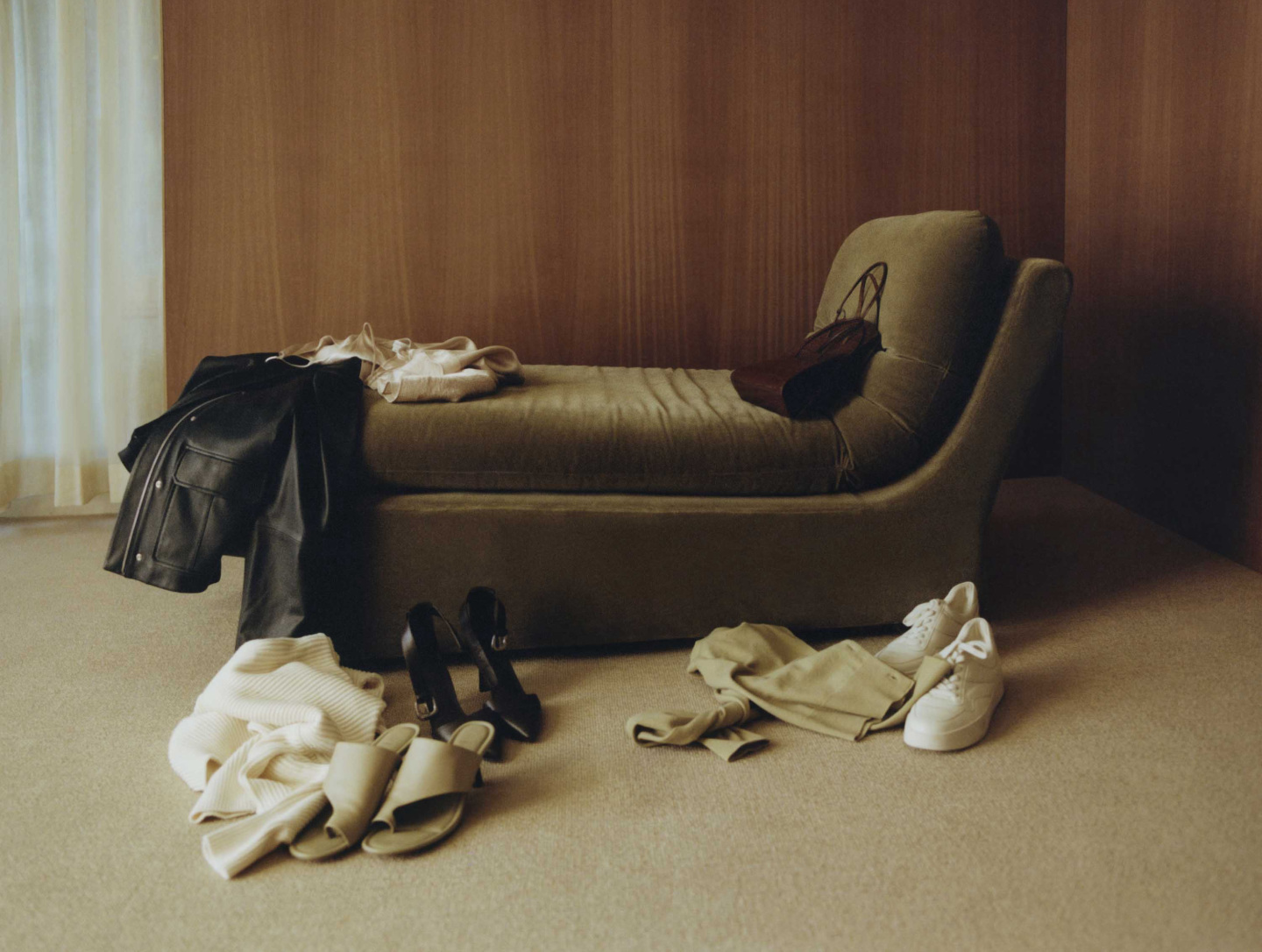
People move to Los Angeles to turn the page on a phase—or a past life. Barbara Bestor arrived in the ’90s as a young architect after coming of age in small-town Massachusetts. Caroline Belhumeur, originally from Bristol, made the move west from New York following her appointment as creative director at Vince in 2017.
Upon her arrival, the Calvin Klein and Club Monaco veteran immediately tapped into the ease and vibrancy of her adopted hometown, designing elegant yet unpretentious essentials tailored to Southern California’s transitional climate. Bestor, for her part, has channeled the coastal landscape to create structures that embrace the outdoors without succumbing to them: intimate nooks lined with sustainable wood paneling, open-air spaces that feel both cozy and boundless. In their work, both Belhumeur and Bestor are acutely attuned to the harmonies of the everyday—sunlight hitting stucco, or the scent of jasmine vines that wafts through their adopted city in the spring.
For Belhumeur, this reverence is manifested in Vince’s Spring/Summer 2024 collection, which takes as its central inspiration the daily ritual of getting dressed. “I’m always thinking about how people are living in their clothes,” she says. “In many ways, getting dressed can feel like putting on a different version of yourself.” True to this spirit, the collection features a mix of loose and flowy pieces, sporty silhouettes, and elegant lightweight layers—a constellation of possibilities perfect for an evening out or an afternoon spent basking in the sun.
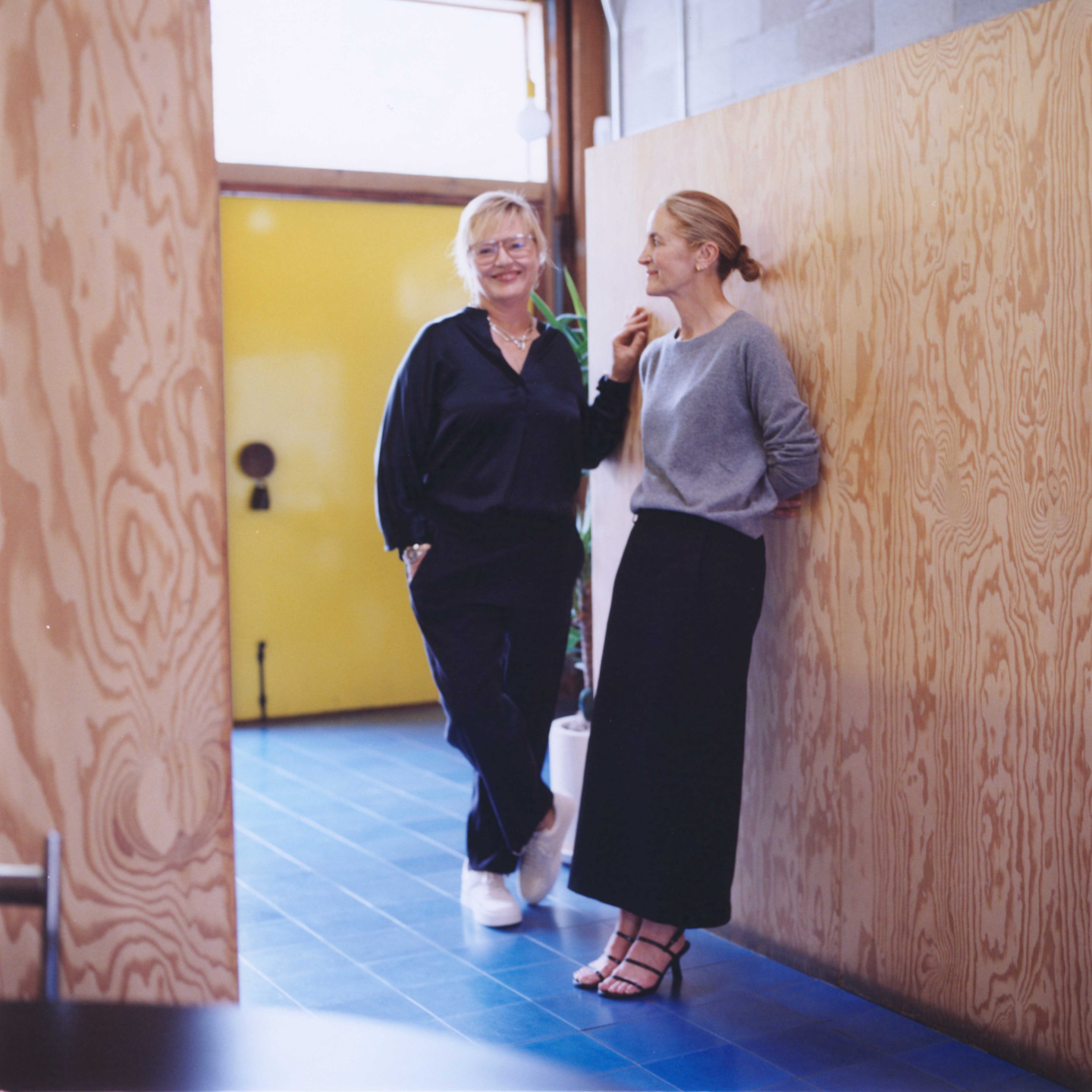
For both women, the throughline is care.“We both spend a lot of time thinking about how people are living in our creations,” Belhumeur notes. Bestor concurs: “We try never to miss an opportunity to make a little tweak that transforms something you take for granted into a little moment of beauty.” Here, the pair sat down to discuss Los Angeles as a muse, designing for the everyday, and their most infamous sartorial eras.
Caroline Belhumeur: One of the biggest things I noticed about LA when I moved here was the never-ending greenery. It doesn’t drop away when you enter town like it does on the East Coast. There’s always something blooming, growing. How has the climate here informed the way you’ve approached design over the years?
Barbara Bestor: In so many ways. We try to create as much openness as possible, but in this climate you have to be so careful of southern exposures and heat. So we use these Mediterranean strategies to create the shade you need—big overhangs, that kind of thing—while maintaining the openness. How does it impact your work?
Belhumeur: It really influenced how I designed when I first arrived. In New York, you move through the world a bit more dressed up and business-y. Here there’s a different feeling—a more relaxed vibe. It’s this inside-outside living.
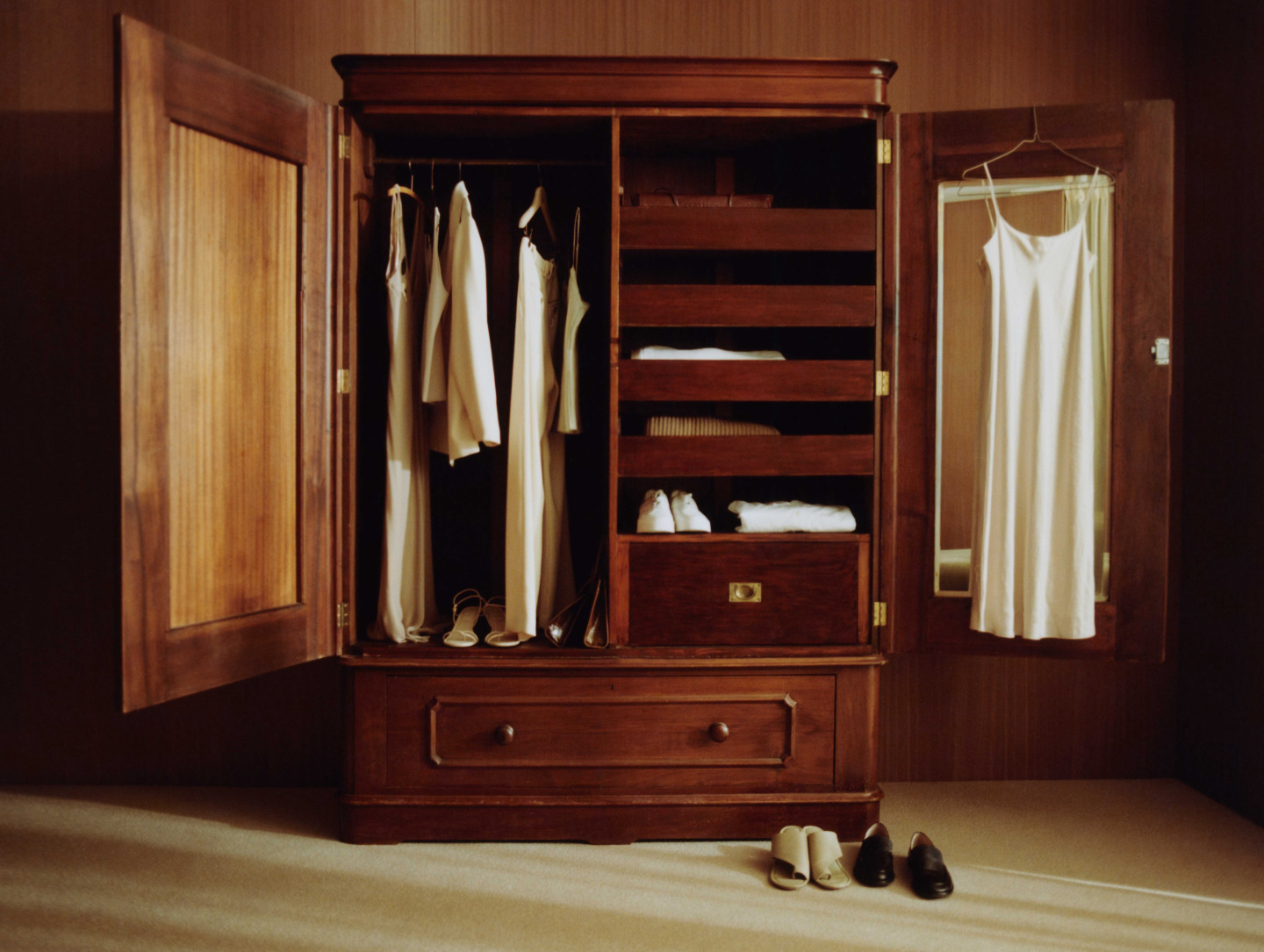
Bestor: In LA, you often wear cashmere and linen on the same day. No matter how hot the day is, you need to have a thin sweater with you, otherwise you’ll freeze your ass off at night. There’s something unusual about that materiality as part of everyday life. That balance of comfortable and refined speaks to the same issues that architects are exploring.
Belhumeur: I think a lot about the similarities between how people live in architecture and clothing. I’m always thinking about how people are living in their clothes. Like, Is this neck too tight? Can I tuck this in? Is it too chunky to layer something on top? You’re building something that’s going to be in someone’s life for ages, and they’re interacting with it every day. We both spend a lot of time thinking about how people are living in our creations.
Bestor: We have an office motto: “Everyone should experience strange beauty every day.” It’s a two-parter. The “every day” part comes from the French philosopher Maurice Merleau-Ponty, who wrote that everyday life is where we really exist. Mundane activities and spaces are a really big part of how we experience the world. The “strange beauty” part comes from the Russian formalist concept that art is about “making strange.” We try never to miss the opportunity to make a little tweak that transforms something you take for granted into a little moment of beauty.
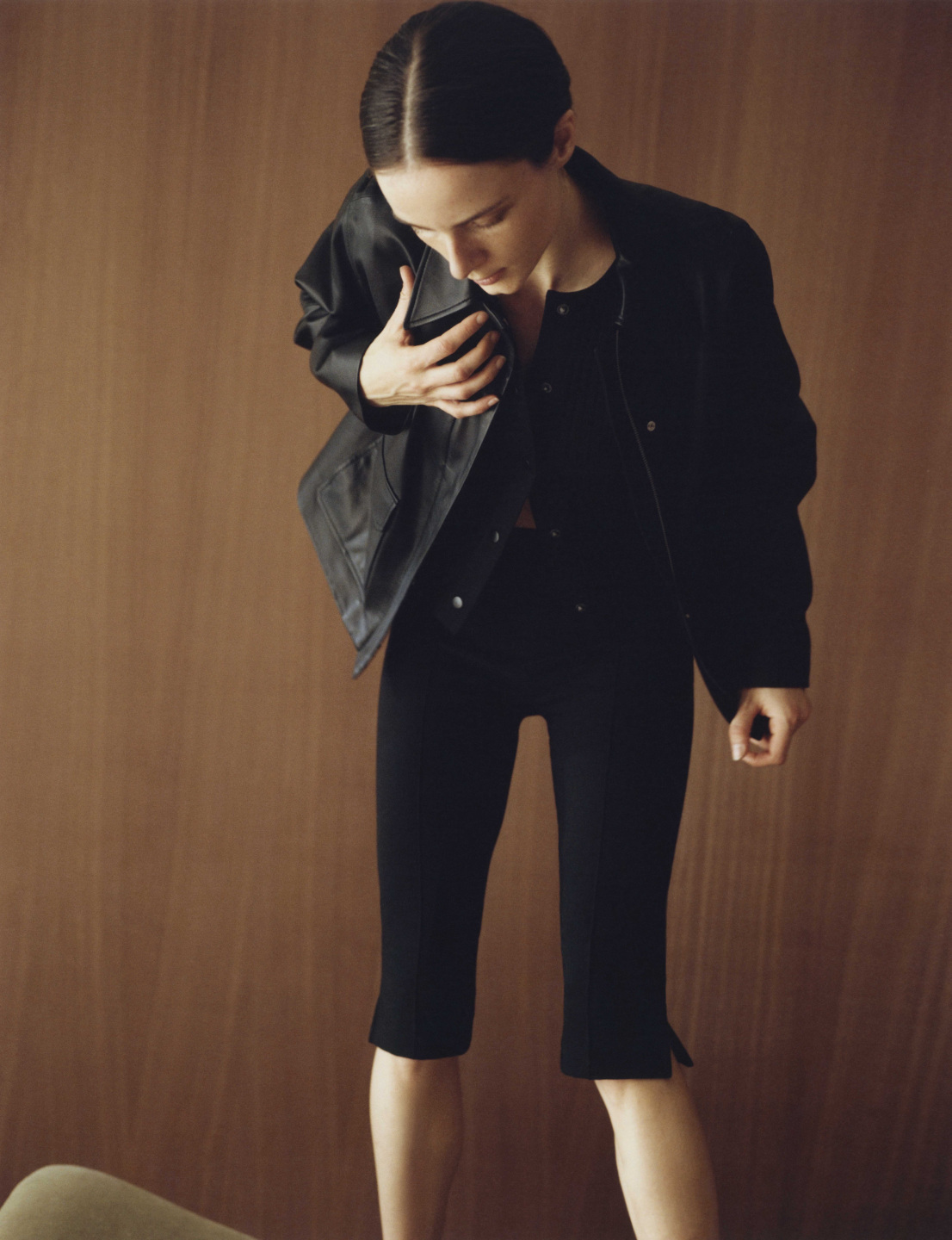
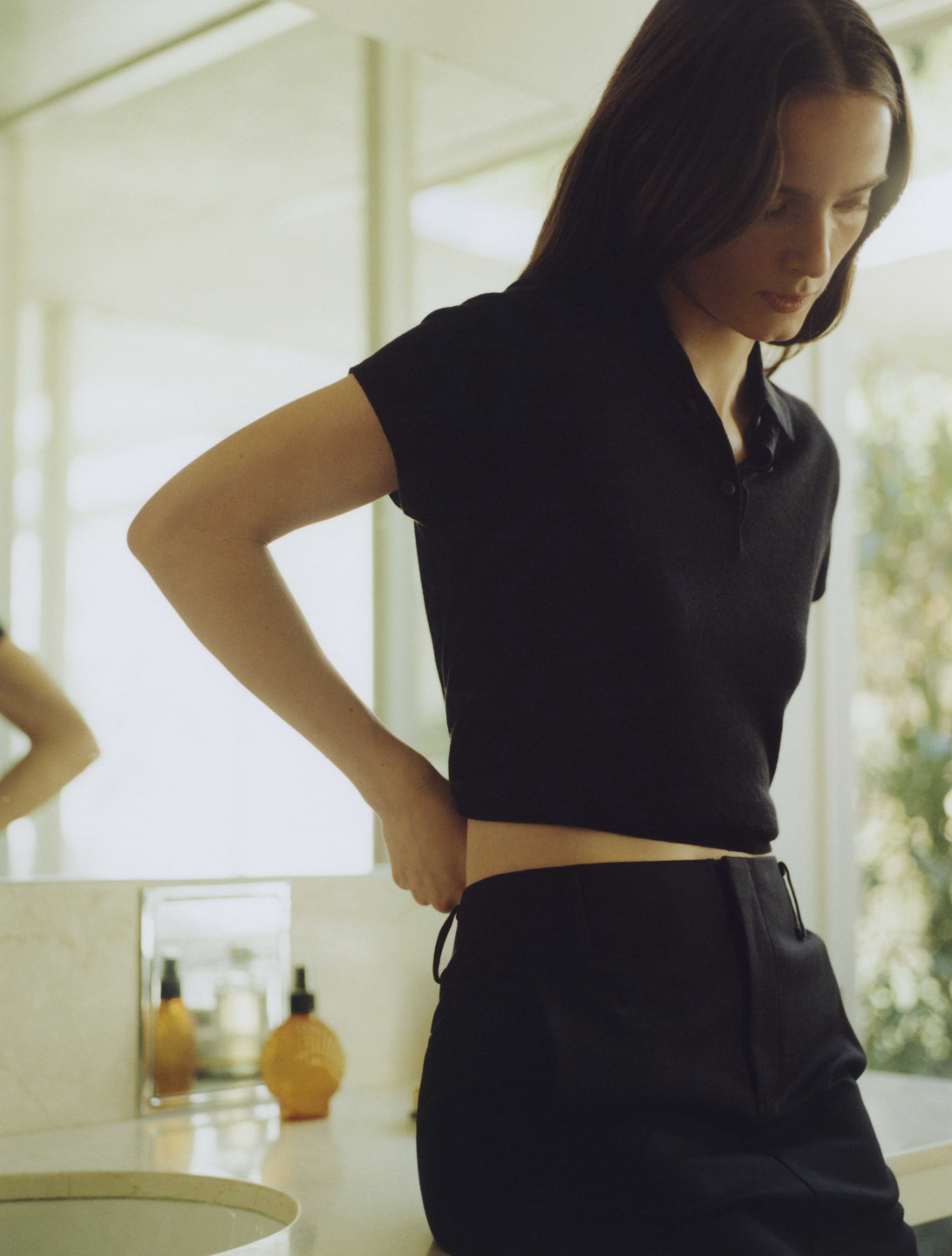
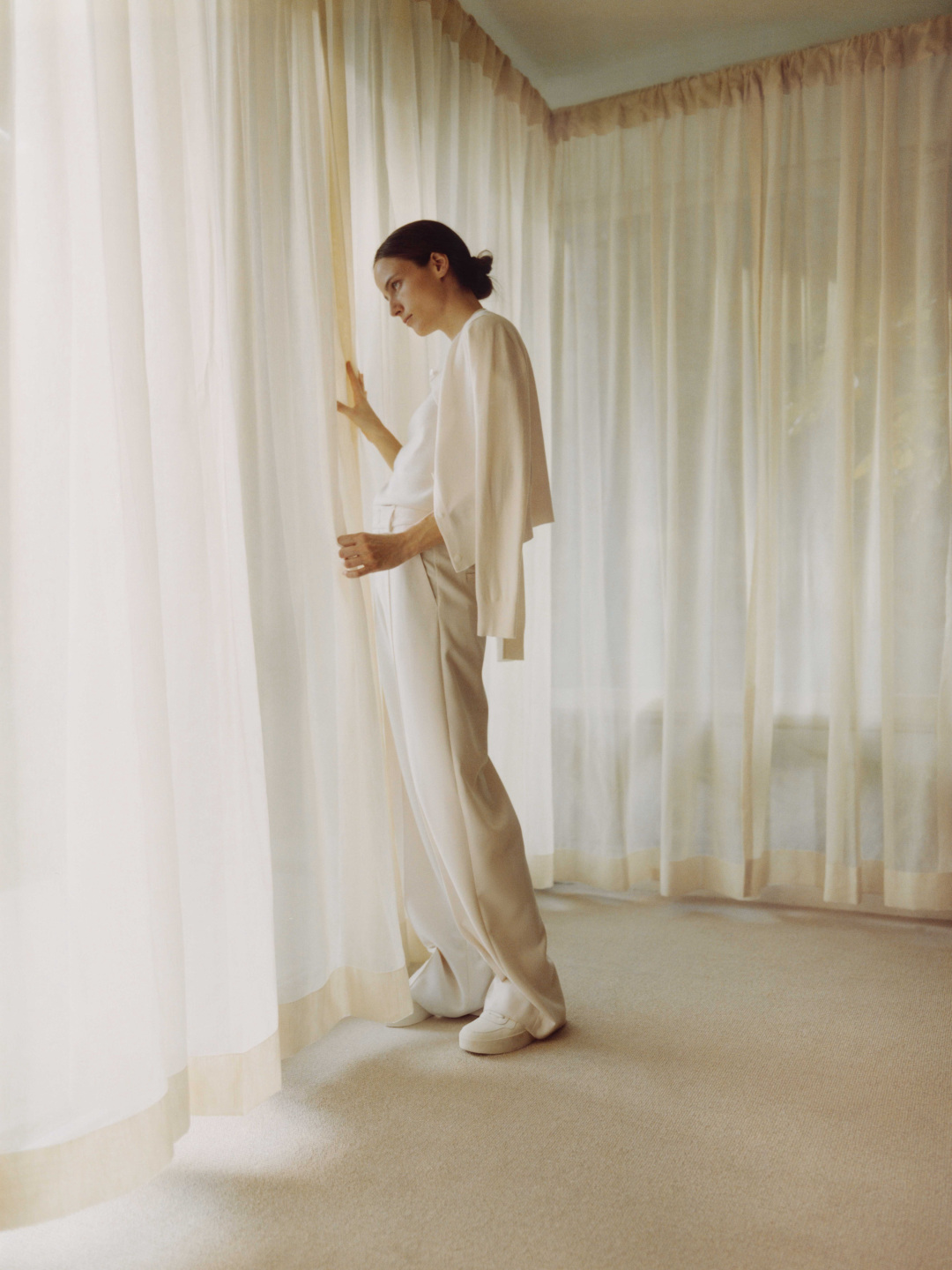
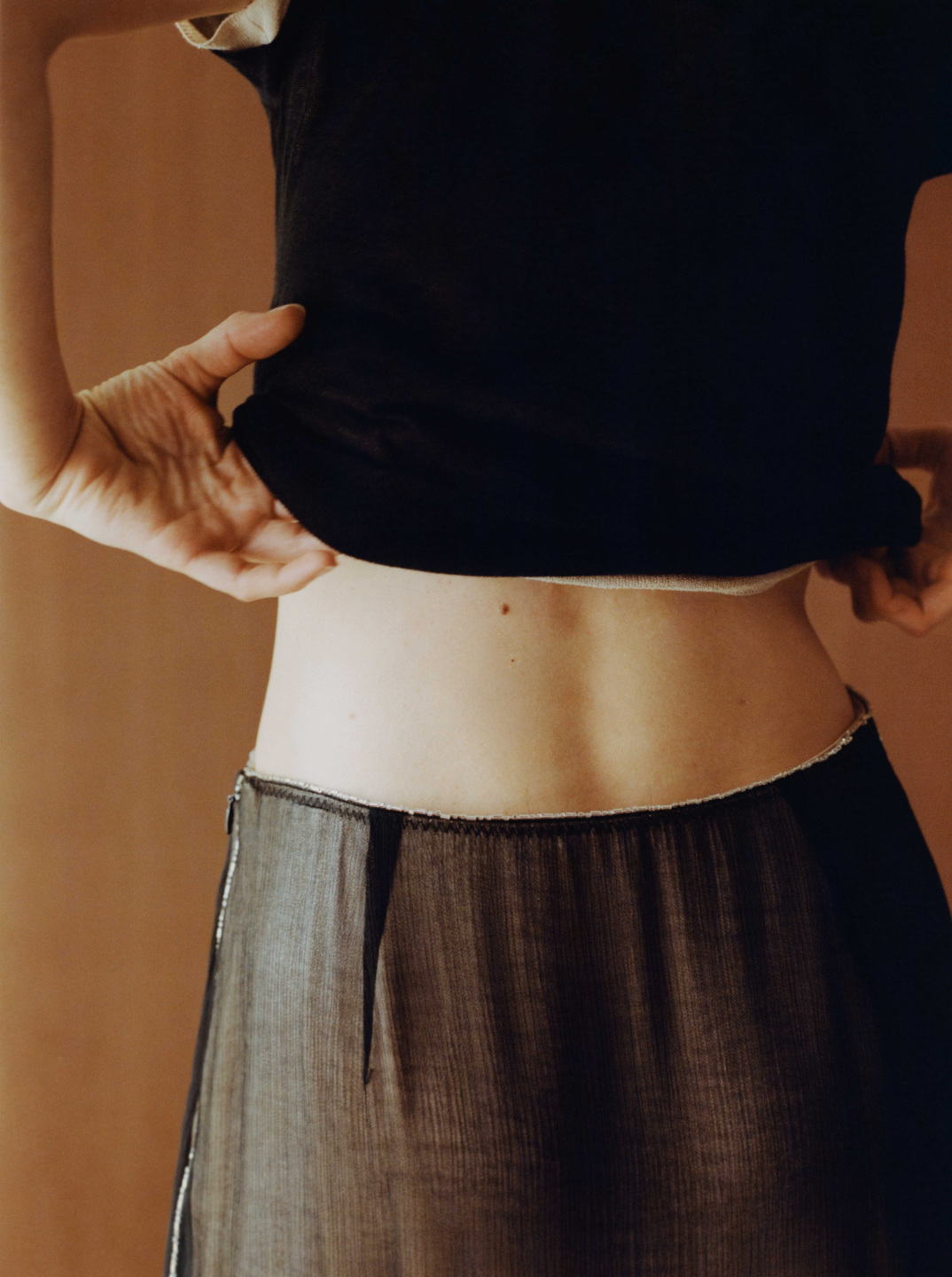

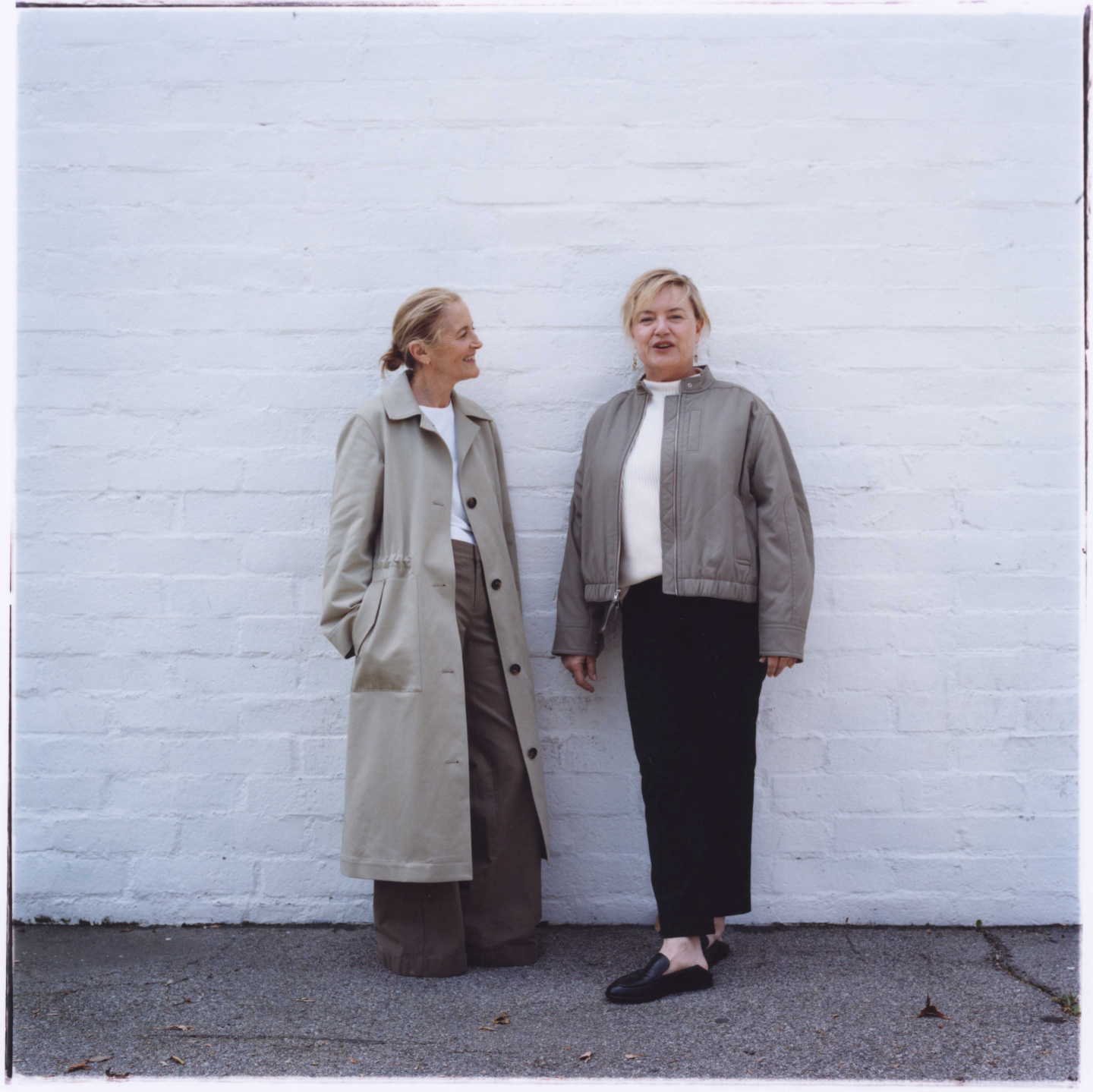


Belhumeur: I was thinking about those kinds of moments when designing this collection. It’s so important to be curious, and like you say, to look at things in fresh ways. In many ways, getting dressed can feel like putting on a different version of yourself. Some days, I’ve got a really intense meeting, so I dress like a boss lady because I’ve got to own it. Other days I’m like, I feel sort of feminine today. I want to wear a pretty silk skirt. We all go through this, some people more than others.
Bestor: That resonates. Because of the nature of my work—I have maybe 15 projects going at a given time—I spend all day visiting different people for different reasons. Sometimes I’m the boss lady, sometimes I’m the supplicant, sometimes I’m giving lectures. There’s a bit of a persona that goes with that. They are all versions of myself, but they’re enhanced—or activated—by clothes and glasses and jewelry. Lately, I just started trying to date a little bit again. That’s a whole other persona I haven’t figured out yet.

Belhumeur: There are definitely some dormant personas of mine that I think about from time to time. In the early ’80s, I was a full-on punk girl. My friends and I would shave each other’s heads, and I had a mohawk—I spent a lot of time trying to get that thing to stay up. We didn’t have much money, so we would gather bits of fabric and kind of wrap them around ourselves with our boots and studded belts. Lots of cinching and cutting and wrapping.
Bestor: I never had a mohawk, but I did manage a ska band in the ’80s, which came with some complicated hair dye. The ’90s were more my era—I was very embedded in the streetwear world in LA then. I still have a lot of miniskirts and vintage T-shirts from that time—those are being constantly borrowed by my daughters.
Belhumeur: I was going to say, I’m surprised you’ve managed to keep any of that.
Bestor: Well, I’ve hidden the best of it.
Belhumeur: I have an archive box. My daughters can play around in those pieces all they want, but at the end, it all goes back in the archive.

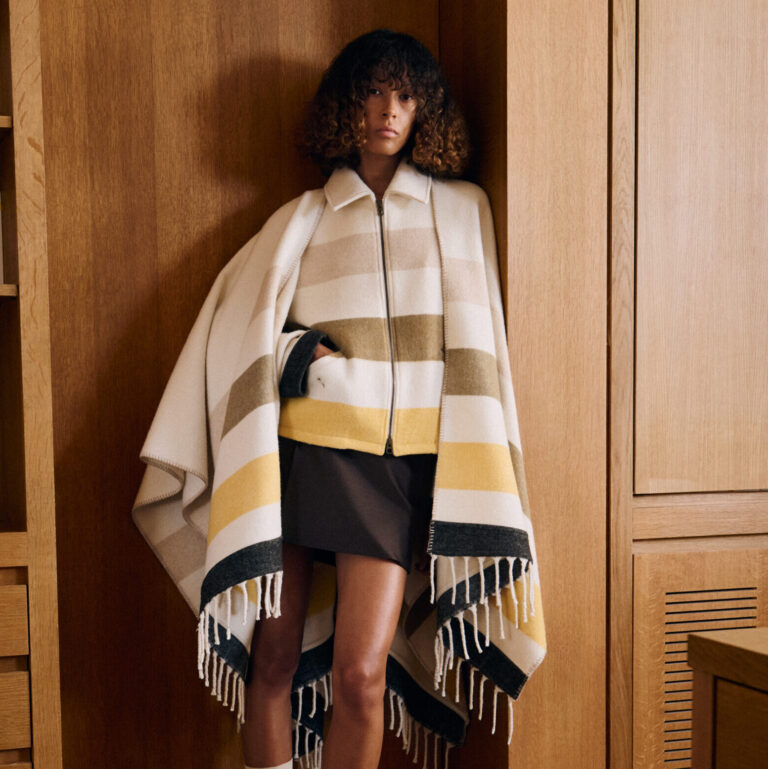
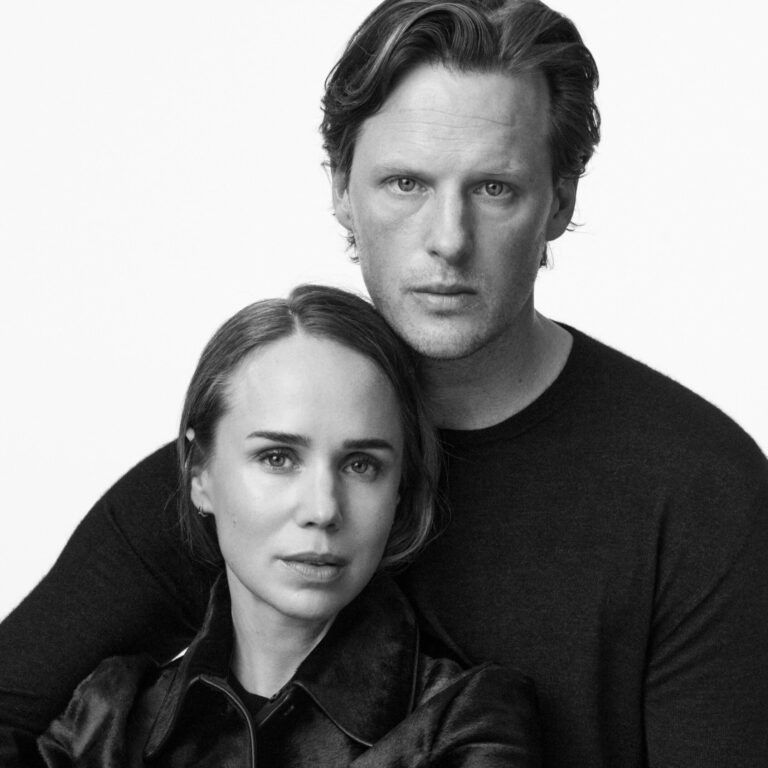
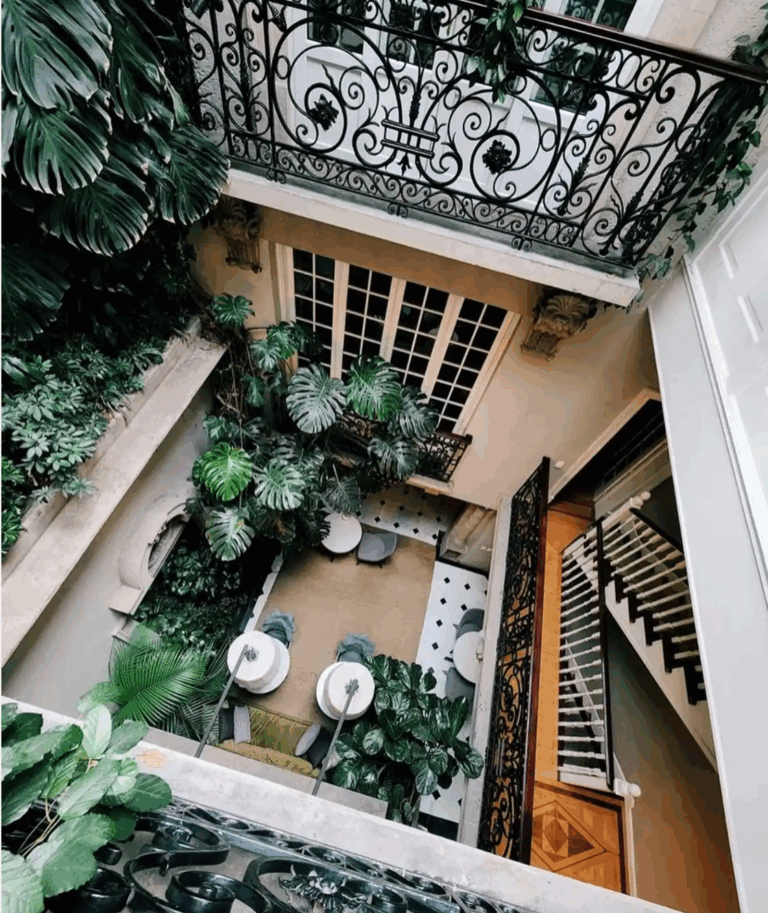
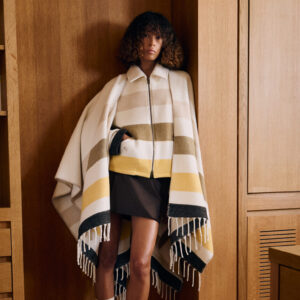
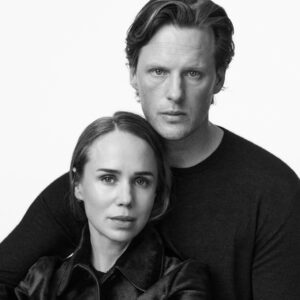
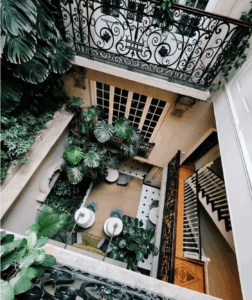



 in your life?
in your life?

